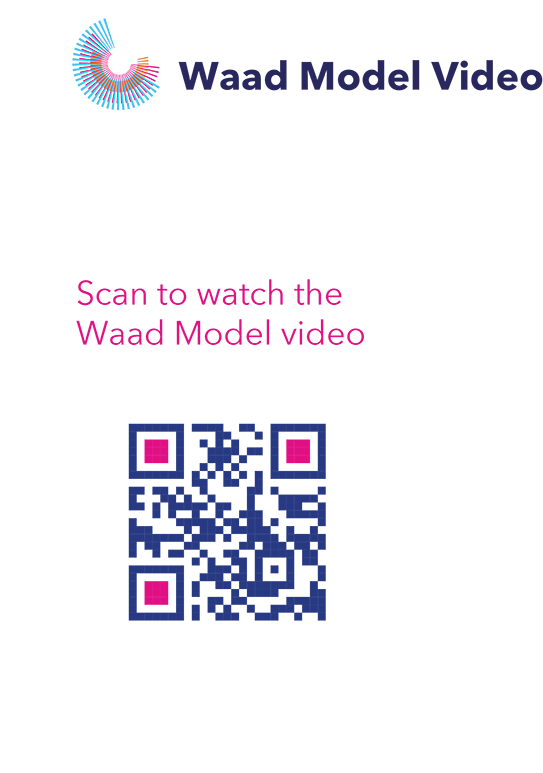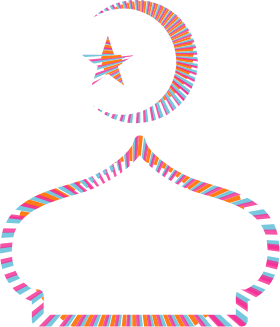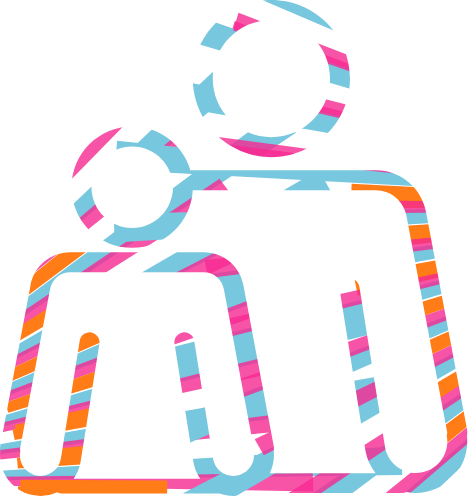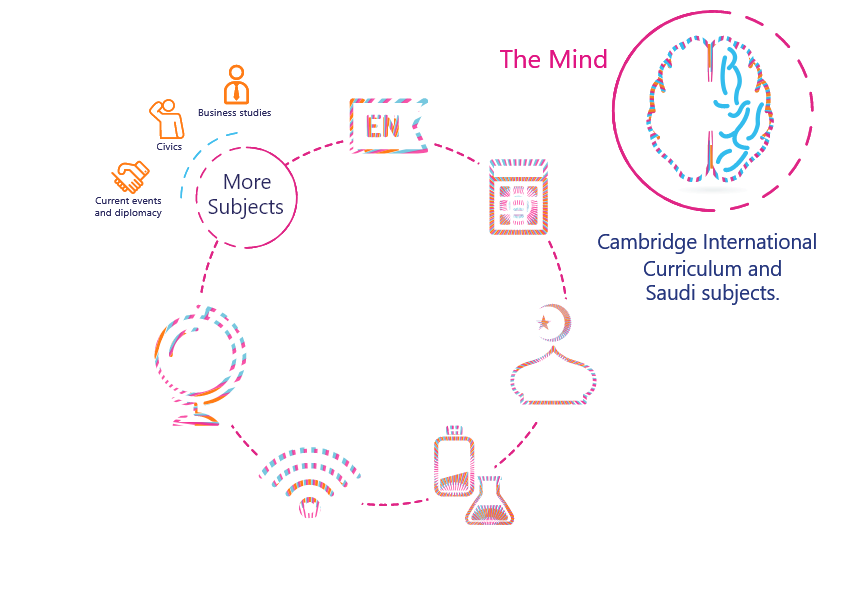
1 . Cambridge Programme:
The Cambridge programmes prepare students for life, helping them to develop an informed curiosity and lasting passion for learning. Cambridge Curriculum helps students become confident, responsible, reflective, innovative and engaged. The knowledge, understanding, skills and qualifications gained through the Cambridge programmes helps all students to gain access to the world’s best universities, to succeed in completing their chosen courses and be able to confidently pursue their career or business aspirations.
All learners will study the core Cambridge subjects;
Grade 9 and above learners will study the core subjects and extra optional ones of their Choice such as Business Studies.
2 . Saudi Subjects:
Our Islamic Studies course is based on the rich Saudi tradition but delivered through student centered methodology based on latest education research. Throughout their years at Waad Academy all learners study the following Saudi subjects:
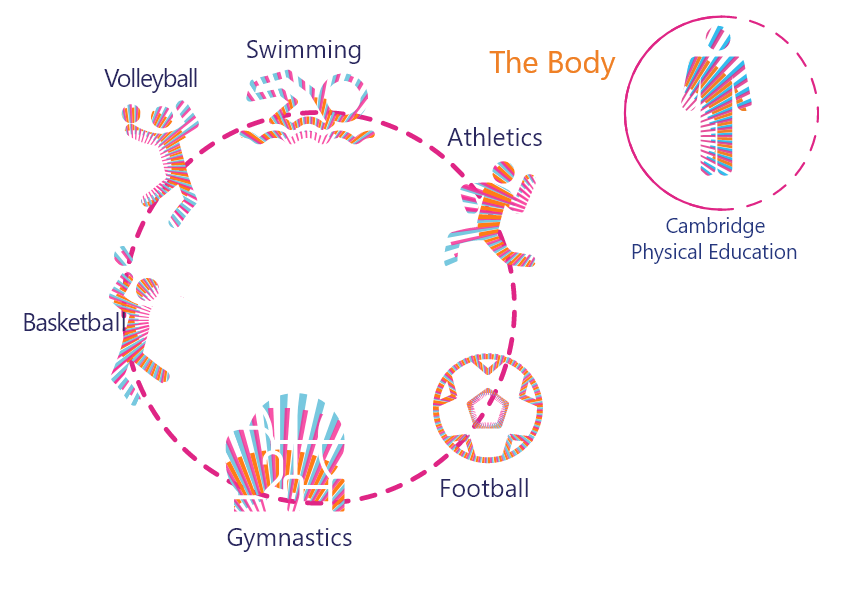
3. Physical Education and Games:
Physical Education teaches students how to enhance their own (and other’s) health, wellbeing and physical activity part. It offers students an experiential curriculum that is relevant, challenging, enjoyable, and physically active.
Our philosophy is based on fun, fitness and friendly competition, with a basis of good sportsmanship and teamwork to develop the whole person. The health, personal development and wellbeing of each individual student is paramount to us and our Health, Physical Education and Sport Programs reflect this. Throughout their years at Waad Academy all learners study the following physical education and games subjects:
The above subjects are based on Cambridge Physical Education Curricula
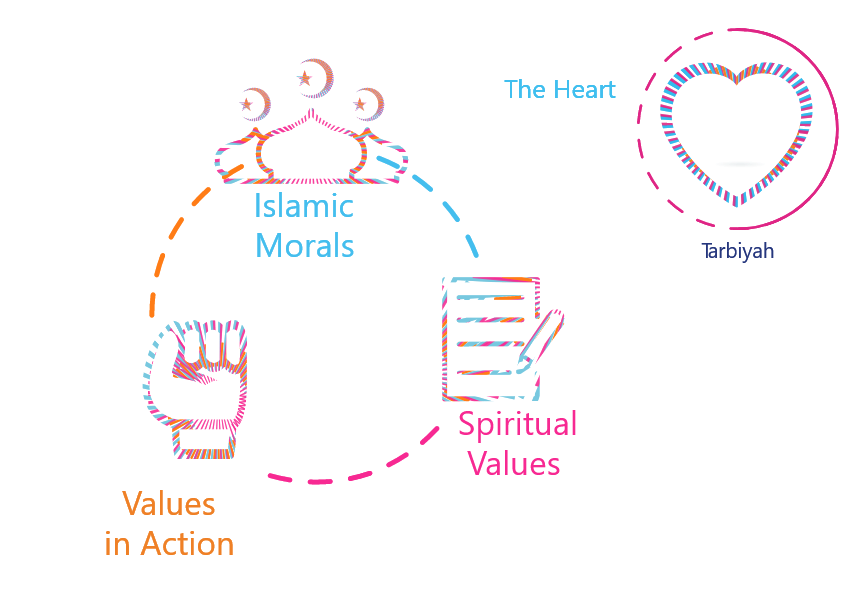
4. Tarbiyyah Programme:
The long-term objectives of the program are for students to become proactive leaders of positive change in their communities, and for Islamic morals and conduct to be the norm of their behavior. The program consists of weekly activities and monthly competitions which explore the program syllabus and puts it to practice.
The programme is structured to nurture and develop Islamic moral and spiritual values through a thematic method. Learners in each grade will be taught a range of age-relevant universal values designed to help them become confident of their self-esteem as global minded Muslims. The syllabus contains Islamic morals such obeying Allah and following the teachings of the Prophet, and universal values such as being responsible, honest, fair to self and others, patriotic, and more.




5. 21st Century Skills Development:
Waad Academy believes that all learners should be provided with a range of Extra-curricular Activities to help develop 21st Century life and professional skills. The following certified programs are offered to all students in their leasrning journy:
- Emotional Quotient skills development program (EQ) in partnership with Doroob, a “Six Seconds” certified partner,
- Design for Change (DFC), a problem-solving skills development program in partnership with Doroob, a “DFCWorld” certified partner,
- The Leader in Me, a leadership skills development program in partnership with Franklin Covey Middle East, and
- Entrepreneurship skills development program in partnership with Riyadi, a MOE program to develop students Entrepreneurship skills.
6. CREAM After School Clubs:
After School Clubs are designed to devlop personal and professional skills in a friendly and entertaining environment. The clubs offered are announced at the start of each school year and may differ from one year to another depending on students’ choices. The following are examples of clubs offered in the Academy:
7. Teaching Methodology
Waad Academy’s teaching is based on latest educational research, ensuring all learners are provided a student-centred educational experience that enables them to be:
- innovative and equipped for new and future challenges,
- reflective as learners, developing their ability to learn,
- confident in working with information and ideas – their own and those of others,
- secure in their knowledge, unwilling to take things for granted and ready to take intellectual risks,
- keen to explore and evaluate ideas and arguments in a structured, critical and analytical way,
- able to communicate and defend views and opinions as well as respect those of others,
- responsible for themselves, responsible to and respectful of others,
- able to welcome new challenges and meet them resourcefully, creatively and imaginatively,
- capable of applying their knowledge and understanding to solve new and unfamiliar problems, and
- able to adapt flexibly to new situations requiring new ways of thinking.
8. Student Learning and Progress:
All Waad Academy learners start with the KG Programme which is based on the British Early Years model. In KG3 learners start Stage 1 of the Cambridge Primary Programme and complete their primary programme in Grade 5 where they finish Stage 6 In Grade 6 they start the Cambridge Lower Secondary programme (Stage 7) and complete it in Grade 8 where they finisg Stage 9. The Lower Secondary Programme prepares students for their IGCSE journey. In Grade 9 learners start the Cambridge IGCSE programme by studying up to 9 Subjects (English, Math, Biology, Chemistry, Physics, ICT, Business Studies, Arabic Studies and Physical Education). In Grade 10 learners complete the IGCSE course and sit the exams for IGCSE qualifications. In Grade 11 learners will study 3 to 4 A Level subjects as per the choice strands and sit for 3 AS level examinations. In Grade 12 learners will continue to study 2 to 3 subjects of the chosen strand and sit for the A level examinations.
9. Student Assessments and Reports :
All learners are provided with four summative assessments during the academic year. These assessments, designated M1, S1, M2 and S2 are designed to help the school, parents and the learners understand the level of learner progress and attainment. Assessments for the Cambridge subjects are based on the Cambridge Assessment guidelines and are also marked and graded using the Cambridge Bands (Gold, Silver and Bronze for Stage 1 to Stage 9). The IGCSE levels from Grade 10 onwards are graded according to the Britsih Standards (A* to G), which will soon be changed (1 to 9). Assessments of Saudi subjects follow the MOE guidelines.
In addition to these summative assessments teachers also use formative assessments during their lessons to inform their planning.
All learners receive 3 Reports (T1, T2 and T3) during the Academic year.
10. Qualifications and Certificates :
Waad Academy offers a range of international and national qualifications that will help each learner to secure the entrance qualifications required by most international universities and those in Saudi Arabia. These are:
- 8 IGCSEs (including the three sciences) in Grade 10. Learners will receive IGCSE Certificates from Cambridge.
- SAT1 in Grade 10. Learners will receive SAT Certificates.
- 3 AS Levels – in Grade 11. Learners will receive AS Level Certificates from Cambridge.
- 2 – 3 A levels in Grade 12 Learners will receive A Level Certificates from Cambridge.
- Tahseely at Grade 12. Learners will receive Tahseely Certificates after completing the required examinations.
- Qudurat Grade 12. Learners will receive Qudurat Certificates after completing the required examinations.
- At the end of Grade 12 all learners will receive a High School Certificate from Waad Academy endorsed by MOE.
- In addition, learners will receive IGCSE and A Level certificates for the subjects they have sat for and passed.
11. Student Support and Wellbeing:
Waad Academy Management believe in the scholastic and psychological well being of their students. For that purpose the Academy has a full pastoral team ready to support the wellbeing of each learner. The pastoral team is there to:
- To help students with personal and school-related problems including all forms of bullying.
- To put students in need in touch with appropriate persons.
- To help students develop a healthy respect for themselves and for others.
- To help students reflect on Islamic values.
- To help students develop appropriate social skills.
- To help promote warm relationships among students.
- To help develop a sense of belonging and pride in the school community.
- To provide support for students experiencing loss.
- To liaise with parents for behaviour and learning related challenges.
12. Career Guidance:
Career guidance is given to learners from Grade 9 onwards to help them acquire the knowledge, information, skills, and experience necessary to identify career options, and enable them to make a mature and informed decision for the right career. This career decision will then result in their social, financial and emotional well-being throughout.
13. Student Voice:
Waad Academy encourages an active engagement of the student community through an elected Student Council. Members of the Student Council meet frequently with the Senior Leadership Team to discuss school improvement and other issues.
14. Waad Academy Campus :
is one of the largest purpose-built schools in the Middle East. A combination of Islamic architectural design and modern building technology has succeeded in producing what many people would consider to be a ‘world class school’. The iconic building structure provides modern classrooms, excellent laboratories, IT suites with latest computer technology, first class sports and recreation facilities such as the swimming pool, football pitches, Climbing Wall, Tennis Courts, Athletic track, etc.
Model Outcomes
The major outcome of Waad Academy’s Model is the integration of Islamic and Local Culture Values with International Learning Standards and 21 Century Skills. This integration puts Waad Academy in a unique position to develop students’ understanding and practice in relation to intercultural literacy and skills required for attending and succeeding in prominent national and international universities while adhering to and developing Islamic values. Students that graduate from Waad Academy are expected to:
- Be confident and engaged learners by:
- Aquiring in depth knowledge of topics studied and passed,
- Aquiring transferable 21 Century skills such as communication skills (oral and/ or written), thinking skills (critical, analetical, crative, & problem solving), Teamwork, etc.
- Have a strong sense of identity with Islamic and local culture values and practices,
- Connected with and contribute to the development of their country in particular and humanity in general, and
- Have a strong sense of wellbeing.
